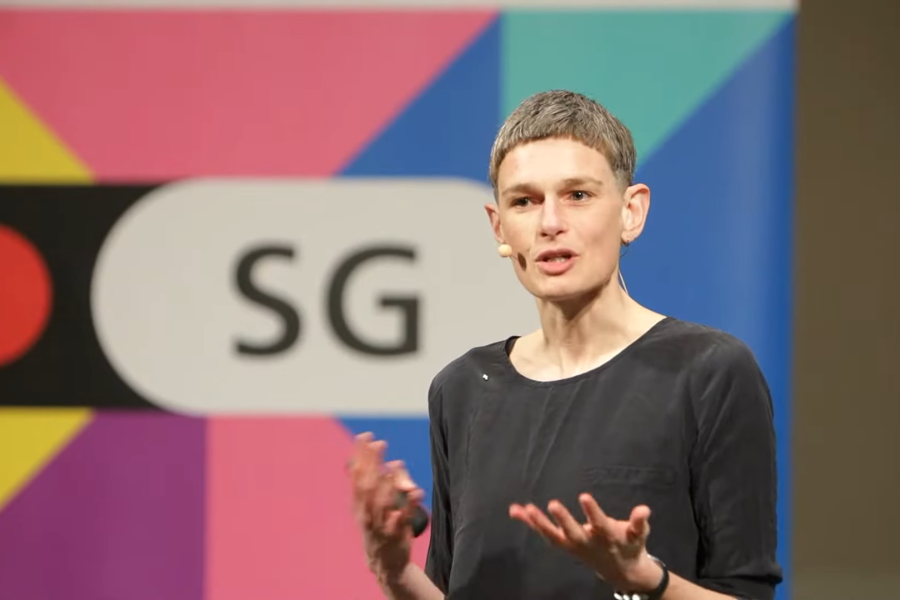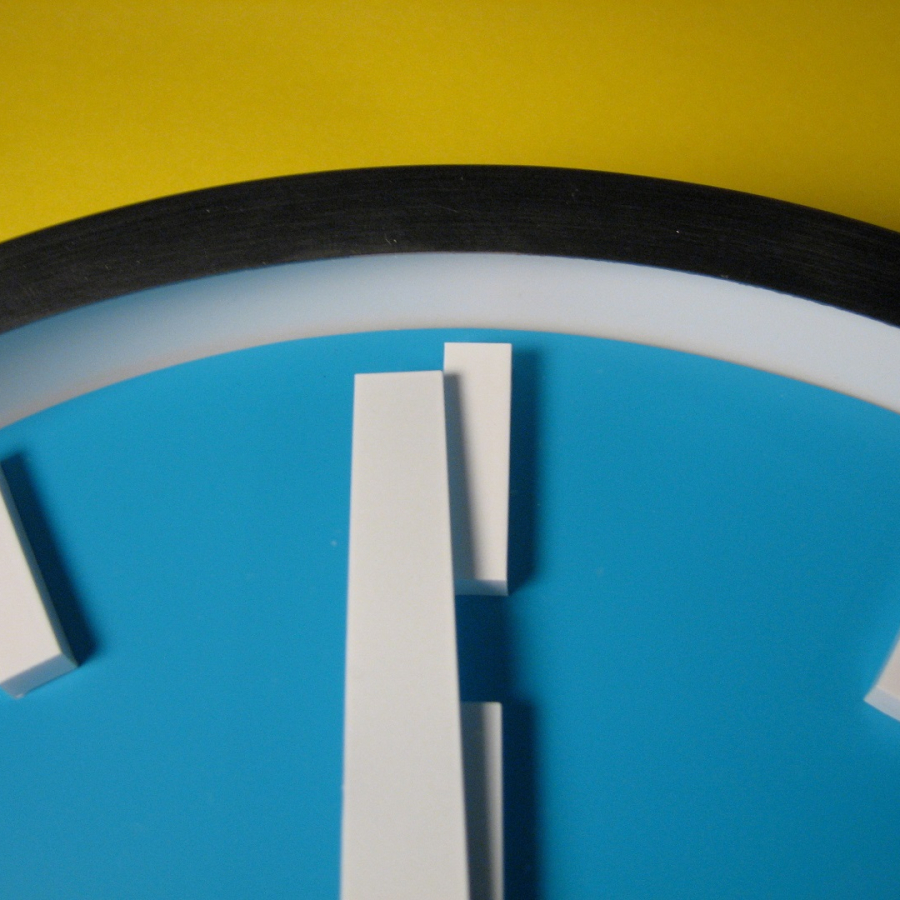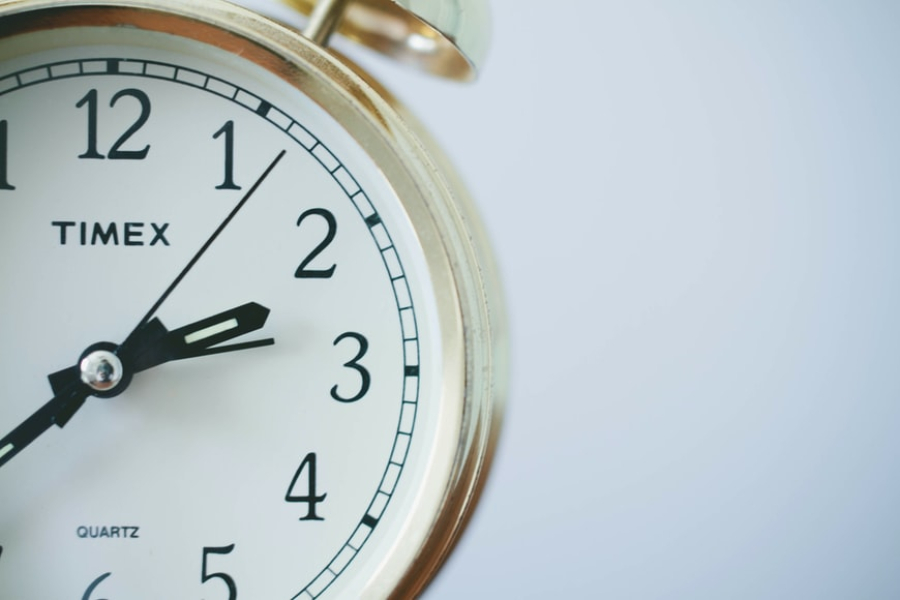Meaning in digital and non-digital life
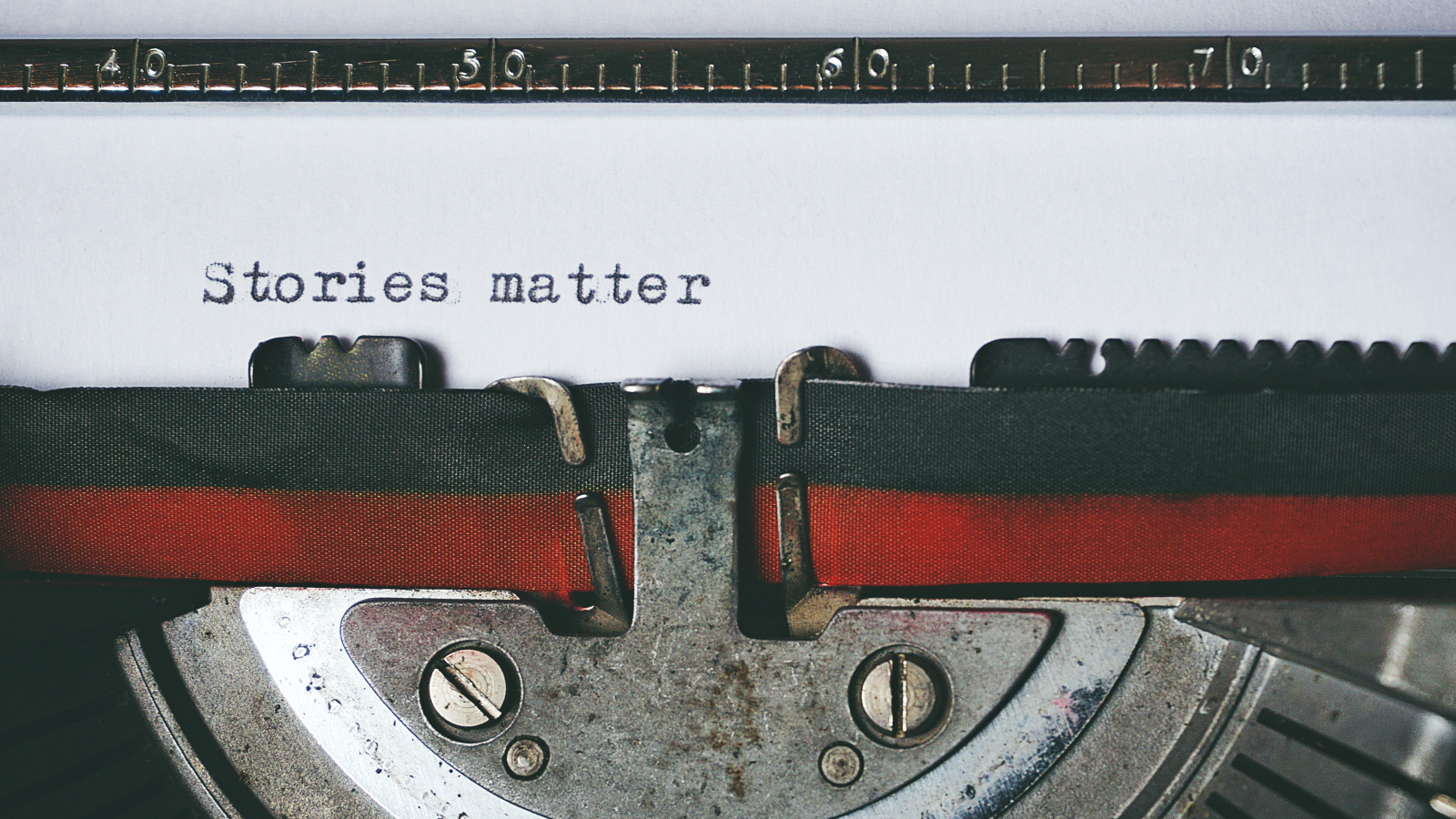
In our daily lives, we are constantly telling stories about ourselves. We do it to friends and to strangers at job interviews, and we tell stories to ourselves. We do so in different ways. In the past the go-to media were letters, diaries and memoires, but nowadays most of us use digital media like WhatsApp or Instagram. Literary scholar Dr Anna Poletti (UU) is interested in how this works. They see that how we tell our stories, and what type of medium we use, influences the meaning of these stories. Now that diaries and memoires have been replaced by digital and social media, have we changed in how we document and view our lives?
The meaning of media
A medium might seem less important than the message, but Poletti thinks the medium is unconsciously very influential. All different forms of media have their own 'affordances': this is the standard way in which we use this media form. Affordances tell us what things we normally can and cannot do with it. Imagine that it is your birthday, for example, and you receive birthday cards. The affordance of birthday cards is that you send them to someone whose birthday it is. When it's not someone's birthday, you would not send them a birthday card. These affordances influence what meanings we give to the message. A birthday card, for example, shows that someone has been planning for your birthday, because they had to send it in advance. It also may have a personal touch, because it could be handwritten. But when you receive birthday wishes on Facebook, you might be a bit more cynical because you know that Facebook lets your friends know that it is your birthday. Ultimately, what that birthday greeting means has changed due to medium that was used to communicate it.
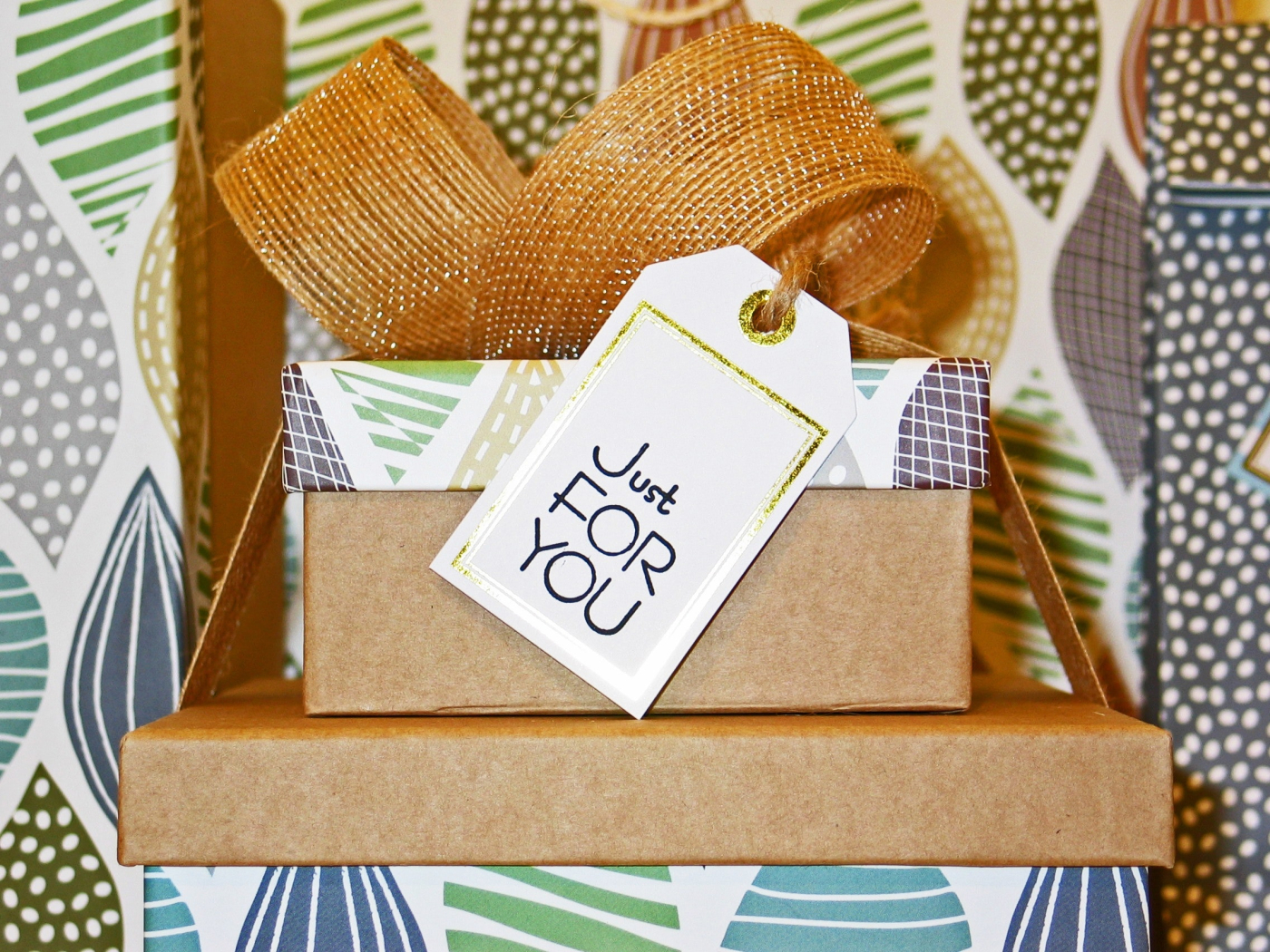
Co-presence
Before the invention of social media or telephone, most of our relationship with time could be seen as narrative. In this narrative relationship, we tell stories about our past experiences in a temporal sequence. You do this, for example, when you write a letter to a friend about something you experienced. Your letter usually starts at the beginning of the story, and you write it in chronological order until the end. This story, then, becomes shared knowledge between you and your friend.
Digital media seem to have changed the way in which we most commonly tell our stories. Through digital media, we can instantly share our experiences with everyone, at every moment. We have developed a different relationship with time, which cultural scholars often call 'co-presence'. This is fascinating, Poletti says, "because we can be beside each other in time when we are not physically beside each other." Social media play into the possibilities that co-presence offers. They encourage us to be continually updating others on our feelings, activities, and experiences. Every moment becomes a potentially sharable moment. Often, sharing this experience with others becomes part of the experience. According to Poletti, it is clear that this has become a normality in our daily lives: "When a person who is active on Instagram does not post for a week, people can start asking what's wrong."
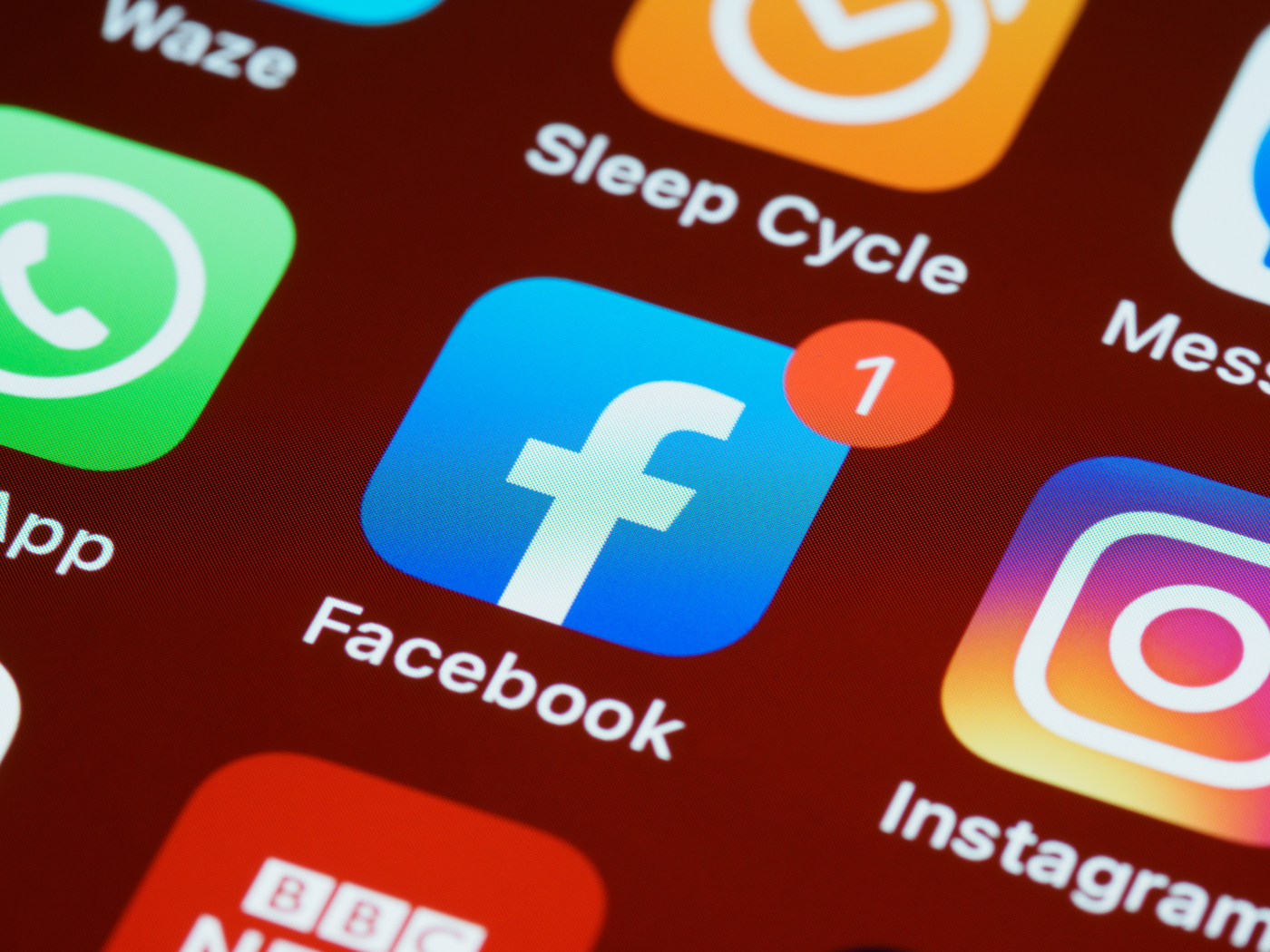
How are we affected?
What are the consequences of this new, co-present, relationship with time that we developed? Poletti: "I think that for many people, co-presence is very beneficial to social connections. However, in the longer term, I wonder what this does to other forms of social connections". They refer to one of the common concerns in society: when we are spending more time in digital co-presence, it may lead to us spending less time with people in real life. How does that change what these moments mean to us? There is no doubt that social media have changed our lives. But maybe, this makes it even more meaningful when you receive an 'old-fashioned' handwritten birthday card on your birthday instead of a message on Facebook. Which side of the debate do you lean towards?

